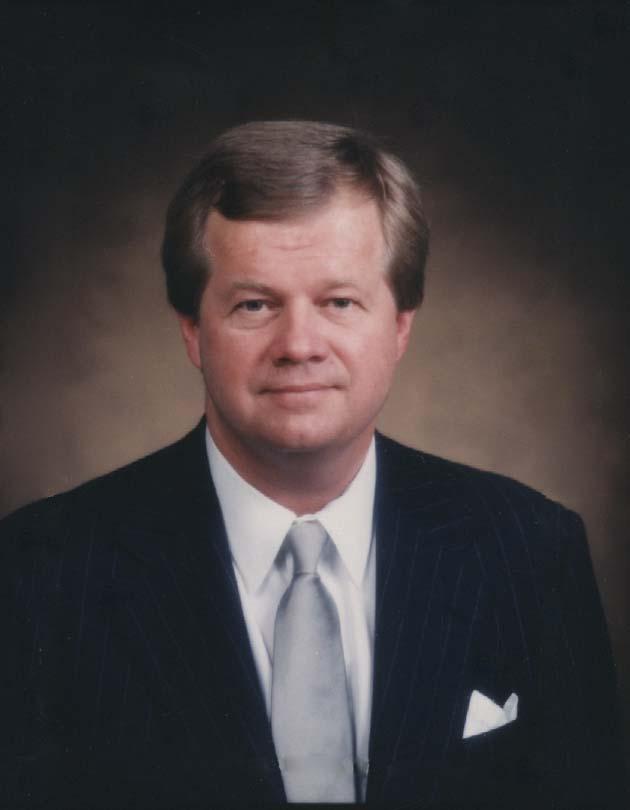Our History
The Michael E. DeBakey Department of Surgery was so named in 1999 to honor the great legacy of its iconic and longest serving chair, who led the department from 1948 to 1993. Dr. DeBakey and the surgeons he trained and recruited advanced the science of medicine, created innovative surgical instruments and techniques, and touched the lives of millions of people. A prolific physician and teacher, DeBakey performed more than 60,000 cardiovascular procedures, and trained more than 1,000 surgeons who now practice throughout the world.
Considered by many to be the father of cardiovascular surgery, Dr. DeBakey contributed trailblazing discoveries in surgical science and developed techniques that still serve as the basis of modern day surgery. His contributions include, but are not limited to, being the first to perform: carotid endarterectomy (1953), excision and homograft replacement of an aneurysm of the abdominal aorta (1954), aortocoronary artery bypass (1964), and use of a left ventricular bypass pump (1966).
The Michael E. DeBakey Department of Surgery salutes the ground breaking work of this great pioneer of surgery, biomedical research, and medical education who shaped the future of our department over the past six decades.
Early Years
Cardiac Innovation
Modern Era
Our Chairs
1943-1944 Judson L. Taylor, M.D., chair
1945- 1948 Herbert Poyner, M.D., chair
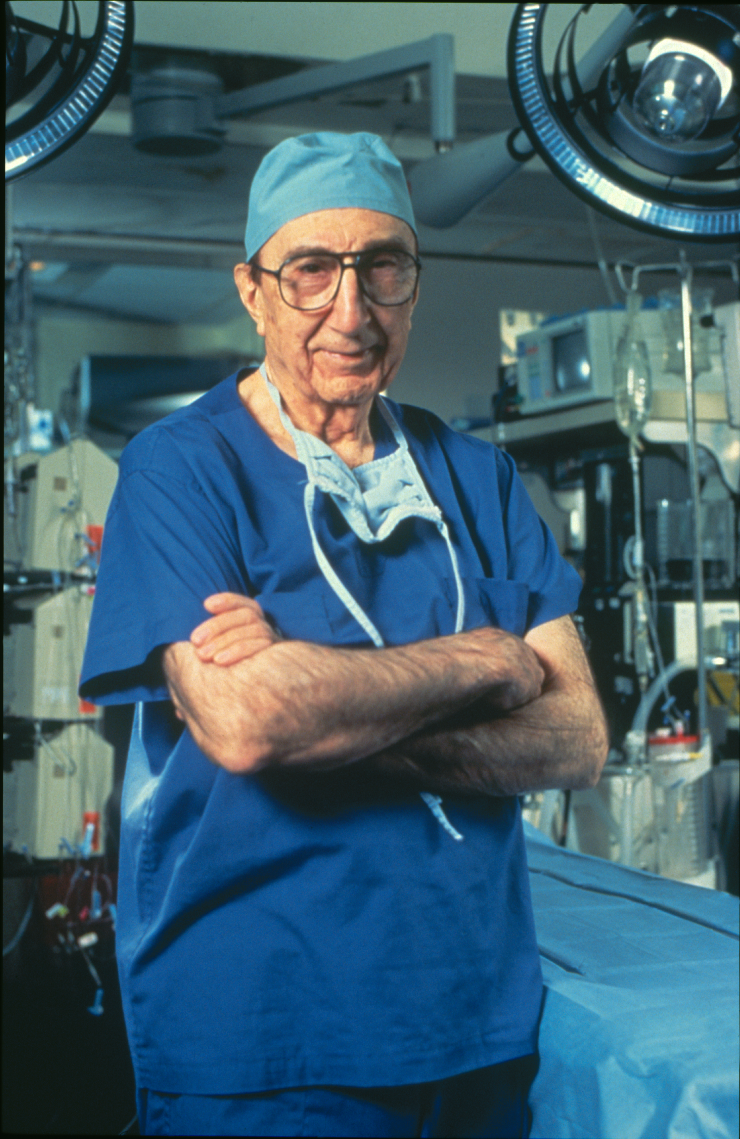
1948-1993 Michael E. DeBakey, M.D., chair
The Michael E. DeBakey Department of Surgery was named in 1999 to honor the great legacy of its iconic and longest-serving chair, Michael E. DeBakey, who led the Department from 1948 to 1993.
Dr. DeBakey and the surgeons he trained and recruited advanced the science of medicine, created innovative surgical instruments and techniques, and touched the lives of millions of people. A prolific physician and teacher, DeBakey performed more than 60,000 cardiovascular procedures and trained more than 1,000 surgeons who now practice throughout the world.
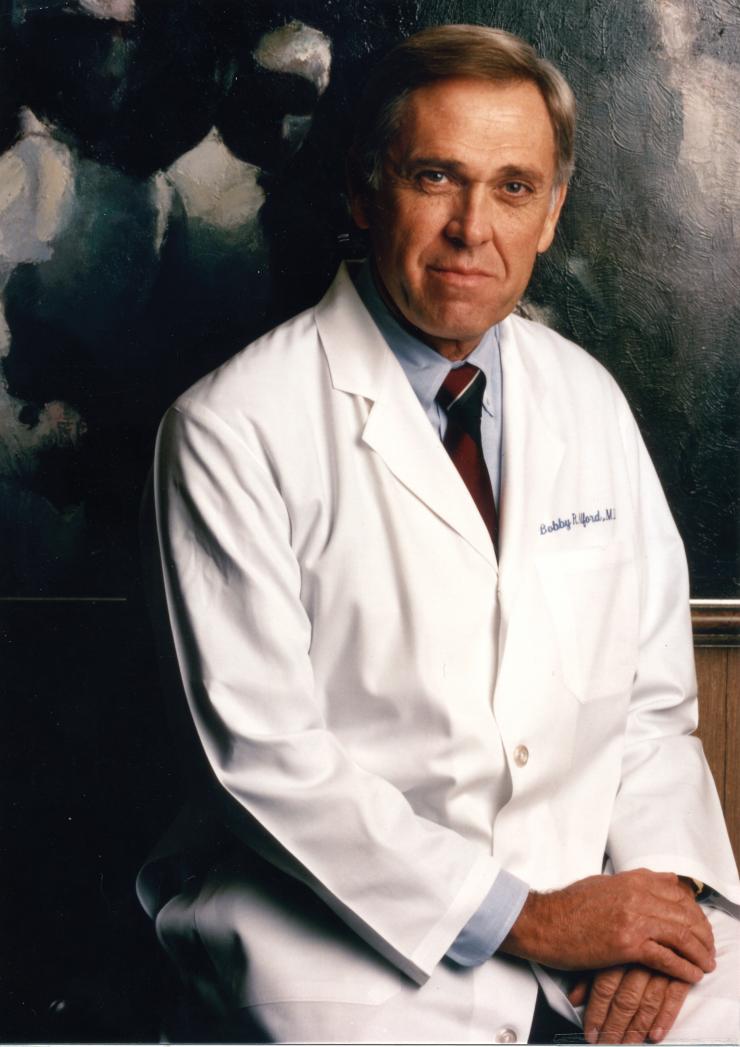
1993- 1994 Bobby R. Alford, M.D., interim chair
Dr. Bobby R. Alford is well known throughout Baylor College of Medicine and the Houston community as a dedicated physician, educator, and leader holding several leadership positions at Baylor, including chancellor, executive vice president and dean of medicine.
Alford spent almost his entire career at Baylor. He began as a medical student in 1952 and continued with a residency in otolaryngology. He then did a fellowship with a Houston surgeon, Dr. Frederick Guilford, and then an NIH fellowship at Johns Hopkins Medical School. He returned to Baylor in 1962 as an assistant professor; in 1965, became an associate professor; in 1966, a professor, and in 1967, chair of the Department of Otolaryngology. That Department now bears his name - Bobby R. Alford Department of Otolaryngology- Head and Neck Surgery.
1994-1998 John Charles Baldwin M.D., Chair
Dr. John Charles Baldwin took his post as chair of the Department in 1994. While working at Methodist hospital, he and his team performed the first successful cardiac “auto-transplant” procedure—the removal of a young man’s entire heart, excision of the intra-cardiac tumor, and re-transplantation of the heart.
Dr. Baldwin was also a leader in healthcare policy on a national scale. In 2011, President Barack Obama appointed him to the U.S. Defense Health Board – a federal advisory committee responsible for overseeing military healthcare. He served on the board of the Robert F. Kennedy Foundation in defense of human rights throughout the world. The breadth of his experience resulted in his participation on directorial boards of numerous Fortune 500 companies. He was a member of the Harvard University Board of Overseers.
In the years following his time at Baylor College of Medicine, Dr. Baldwin became dean of Dartmouth Medical School, president, and CEO of the Immune Disease Institute at Harvard, and president of the Health Sciences Center at Texas Tech University.
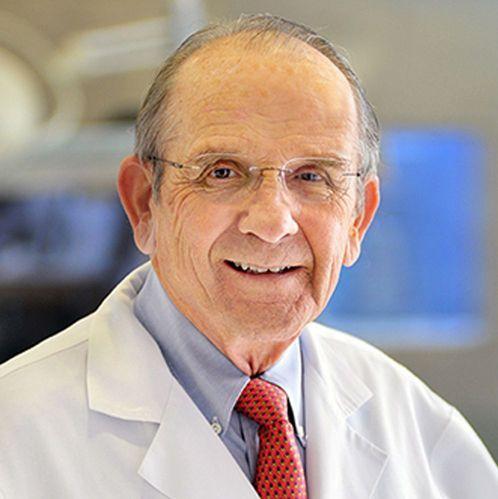
1998-1999 Charles H. McCollum M.D., interim chair
Dr. Charles H. McCollum joined the Department as a faculty member in 1966 and served as Interim Chair of the Department from 1998-1999. Dr. McCollum was also Interim Chief of both the Division of Vascular Surgery & Endovascular Therapy and the Division of Cardiothoracic Surgery and was Program Director of the General Surgery Residency for 23 years. Dr. McCollum’s research focuses on non-invasive studies for the diagnosis of peripheral vascular disease using ultrasound technology.
1999-2011 Charles Brunicardi M.D., chair
Dr. Brunicardi came to Houston in 1995 and joined the Baylor faculty as the George Jordan Professor. He also served as Chief of the Division of General Surgery from 1995 to 2004. In April 1999, Dr. Brunicardi was named DeBakey-Bard Professor and Chairman of the Michael E. DeBakey Department of Surgery.
Dr. Brunicardi was also consultant and attending surgeon at the St. Luke's Episcopal Hospital, the Michael E. DeBakey Veterans Affairs Medical Center, and Ben Taub Hospital. While at Baylor College of Medicine, Dr. Brunicardi's clinical and research interests include molecular engineering of islets for transplantation, breast cancer, pancreatic cancer, minimally invasive surgery, molecular surgery, and personalized genomics.
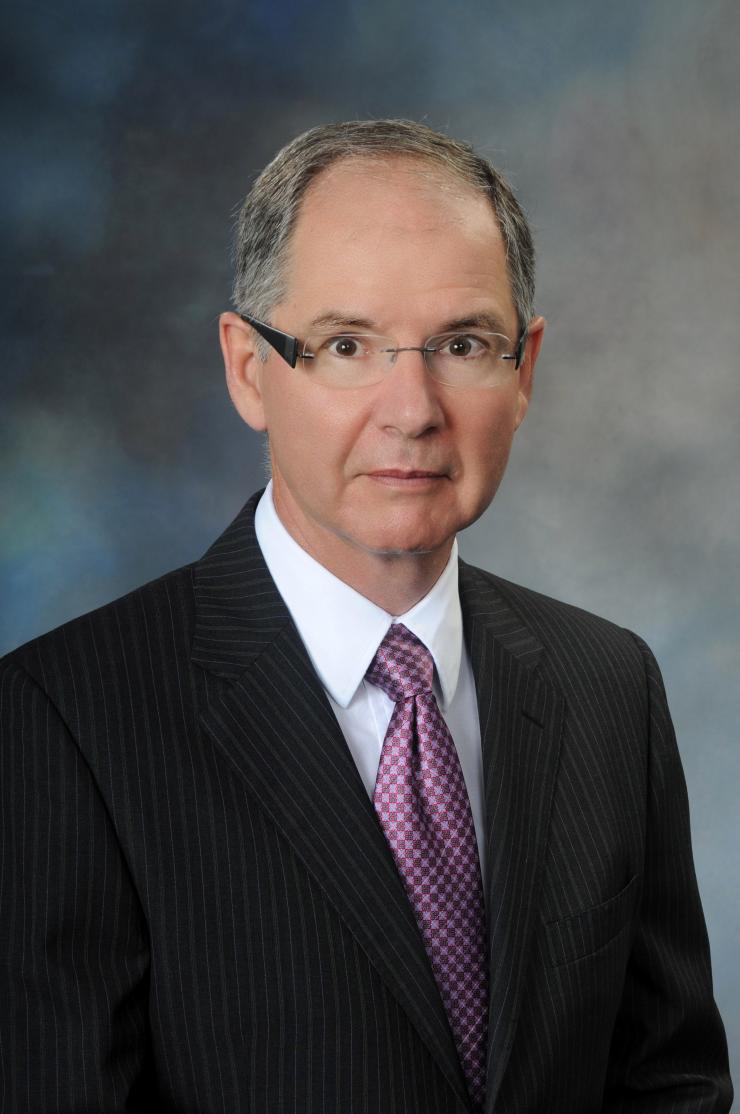
2011-2012 Dr. David E. Wesson M.D., interim chair
Dr. Wesson served as Interim Chair of the Michael E. DeBakey Department of Surgery from 2011-2012. Dr. Wesson is professor and director of Faculty Education and Development of the Division of Pediatric Surgery. He is also Associate Surgeon-in-Chief at Texas Children's Hospital and Chief of the Department of Surgery there. After earning his M.D. from the University of Toronto, Dr. Wesson completed his residency at the Hospital for Sick Children in Toronto. He then did a research fellowship at Harvard. Dr. Wesson's professional interests include pediatric trauma care, minimally invasive thoracic and abdominal surgery, inflammatory bowel disease, Hirschsprung's disease, biliary atresia, and thyroid diseases.
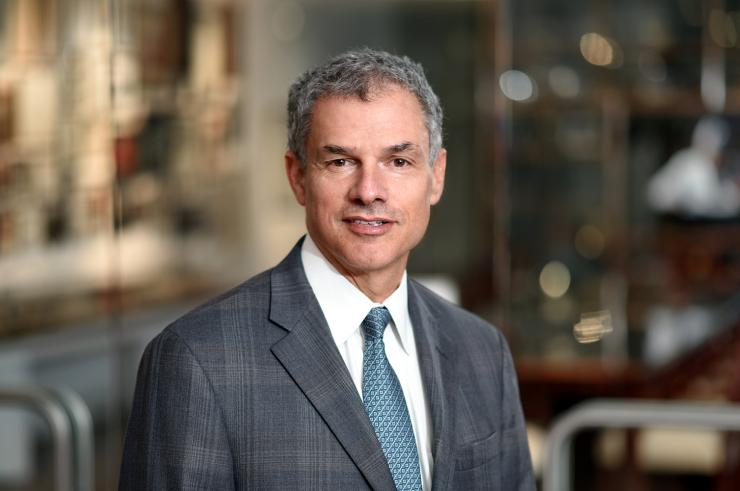
2012 - present, Todd K. Rosengart M.D., chair
Dr. Todd K. Rosengart is professor and current chair of the Michael E. DeBakey Department of Surgery at Baylor College of Medicine. He holds the DeBakey-Bard Chair of Surgery and is professor of heart and vascular disease at The Texas Heart Institute at Baylor College of Medicine. He is past president of the Society of Surgical Chairs, a member of the board of directors of the American Association for Thoracic Surgery, a member of the board of directors of Baylor St. Luke’s Medical Center, and chair of the board of governors of Baylor's Faculty Group Practice.








 Credit
Credit